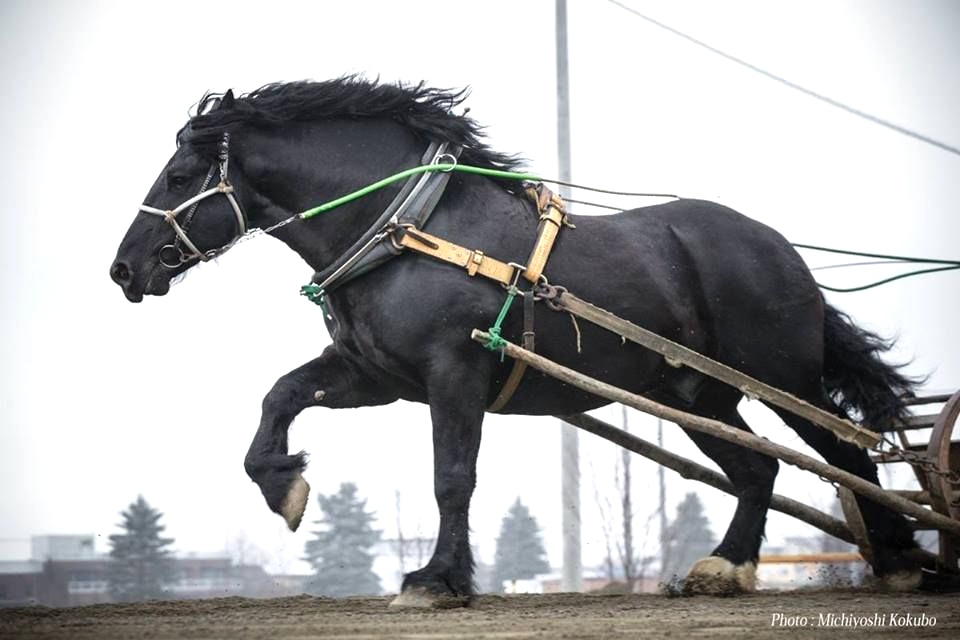Vitamin E is an essential nutrient for horses that helps to maintain various physiological and biochemical functions. Deficiency of this vitamin can cause serious health problems in horses and should be avoided. This article will discuss the signs of vitamin E deficiency in horses, its causes and how to prevent it.
What is Vitamin E?
Vitamin E is a fat-soluble vitamin that helps to maintain cell and tissue integrity and supports the immune system. It is also an antioxidant, which means it helps to protect cells from damage caused by free radicals. Horses require vitamin E in their diet in order to maintain their health and prevent deficiency.
Signs of Vitamin E Deficiency
Vitamin E deficiency in horses can cause a variety of health problems, including neurological, muscular, and reproductive issues. The most common signs of vitamin E deficiency in horses include:
Muscular Weakness: Horses deficient in vitamin E may experience muscle weakness and difficulty in movement.
Neurological Problems: Vitamin E deficiency can cause neurological symptoms such as lack of coordination, difficulty in walking, and difficulty in standing.
Reproductive Issues: Vitamin E deficiency can cause infertility and reproductive problems in horses.
Skin Issues: Horses deficient in vitamin E may experience dry and flaky skin, and may be more prone to skin problems such as dermatitis and eczema.
Causes of Vitamin E Deficiency
Vitamin E deficiency in horses can be caused by a variety of factors, including:
Low Vitamin E Diet: Horses may not be receiving enough vitamin E in their diet, either from inadequate amounts of vitamin E-rich foods or from the use of processed feeds.
Poor Absorption of Vitamin E: Vitamin E can be poorly absorbed in horses due to a variety of factors, including digestive disorders, poor health, and certain medications.
Exposure to Pollutants: Horses may be exposed to environmental pollutants that can interfere with vitamin E absorption.
How to Prevent Vitamin E Deficiency
Vitamin E deficiency can be prevented by ensuring that horses receive a balanced diet that includes plenty of vitamin E-rich foods. It is also important to ensure that horses are not exposed to environmental pollutants, as this can interfere with vitamin E absorption.
In addition, vitamin E supplements may be necessary in certain cases. If a horse is at risk for vitamin E deficiency, a veterinarian can advise on the best type and dosage of supplement.
Conclusion
Vitamin E is an essential nutrient for horses that helps to maintain various physiological and biochemical functions. Deficiency of this vitamin can cause serious health problems in horses and should be avoided. The signs of vitamin E deficiency include muscular weakness, neurological problems, reproductive issues, and skin problems. The causes of vitamin E deficiency include low vitamin E diet, poor absorption of vitamin E, and exposure to pollutants. Vitamin E deficiency can be prevented by ensuring that horses receive a balanced diet that includes plenty of vitamin E-rich foods, as well as vitamin E supplements in certain cases.

